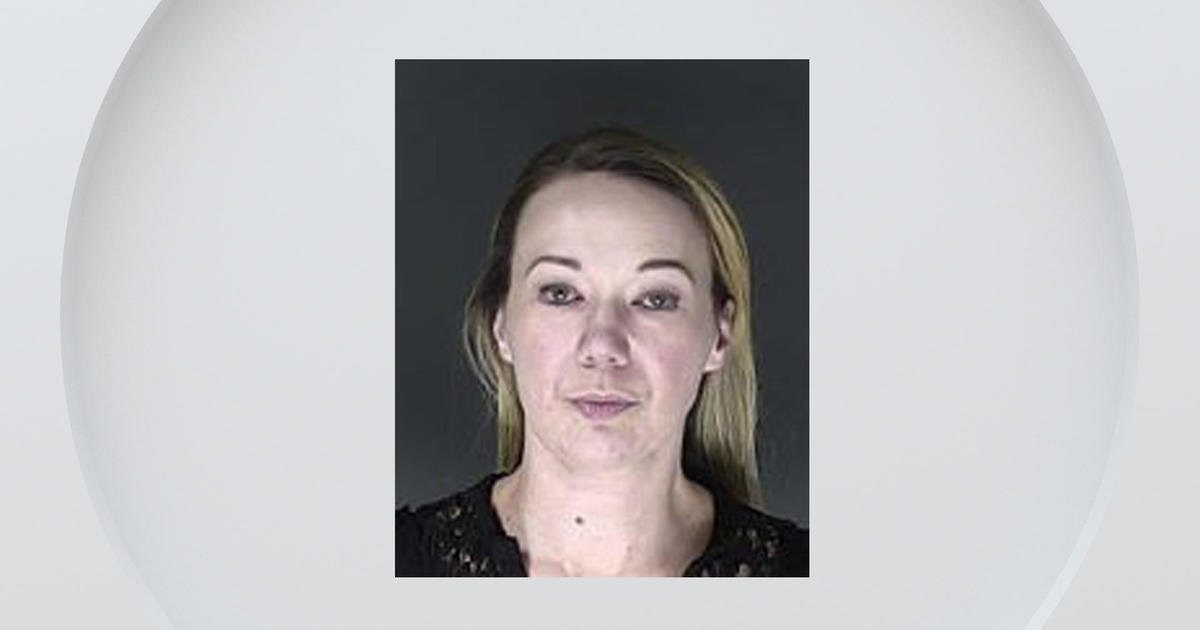Denver Appellate Court To Hear Islamic Law Case
DENVER (AP) - Oklahoma's solicitor general argued Monday in a federal appeals court that the state has a right to establish its court system and has a say in which set of laws are followed, including a constitutional ban on the use of international law and Islamic law.
A Muslim man is challenging a voter-approved law that specifically prohibits state courts from considering international and Sharia law when deciding cases. His attorneys argued that implementation of State Question 755 amounts to a condemnation of Muslims living in Oklahoma and their religious beliefs.
At issue before a three-judge panel of the 10th U.S. Circuit Court of Appeals was the Save Our State amendment. The law, which was approved by 70 percent of voters last November, has been blocked from implementation following a lawsuit filed by Muneer Awad, the executive director of the Council on American-Islamic Relations in Oklahoma.
Awad had asked the federal appeals court to uphold the injunction to implement the law. He said the measure, if enacted, violates his religious freedoms and would invalidate his will, which is based in part on Islamic law.
Solicitor General Patrick R. Wyrick argued that the law is meant to prohibit judges from looking at the legal precepts of other cultures, which immediately became the topic of questioning by the panel.
"Why not the law of any other country except the U.S.?" asked Judge Terrence L. O'Brien, who was nominated to the appellate court in 2002 by President George W. Bush.
Wyrick said the measure is necessary to avoid confusion in the courts. "Its intent was to disfavor Sharia law," he argued. "We felt the need to single it out because it appears to be real law (in other countries), but it comes from religious beliefs."
Judge Monroe G. McKay, a President Jimmy Carter nominee, disagreed with Wyrick's argument that the law on its face doesn't discriminate against Muslims.
He compared it to the separate-but-equal argument that was used in the Brown v. Board of Education case, noting the state law in that landmark case didn't specifically say whites were superior to blacks. But, McKay added, "the Supreme Court seemed to think that... had that impact."
Michael Salem, an attorney for Awad, called the measure a "pre-emptive strike on a religion."
"This year it's Muslims, next year Buddhists, the next year Hindus," Salem argued. "It'll take 50 percent plus one vote to ban the next religion."
When the law was blocked from implementation, District Court Judge Vicki Miles-LaGrange agreed with the man challenging it, saying: "It would be incomprehensible if, as plaintiff alleges, Oklahoma could condemn the religion of its Muslim citizens, yet one of those citizens could not defend himself in court against his government's preferment of other religious views."
The measure's author, Republican Rep. Rex Duncan, has said the constitutional amendment was not intended as an attack on Muslims but an effort to prevent activist judges from relying on international law or Islamic law when ruling on legal cases.
The American Civil Liberties Union supports Awad's challenge to the law, saying supporters acknowledge that state courts have never improperly relied on Islamic law.
The ACLU said 26 states considered similar measures, but only three other states -- Tennessee, Arizona, and Louisiana -- have passed laws banning international laws from being considered in courts. ACLU's Daniel Mach said Oklahoma is the only state to specifically target Sharia, as well as international law.
In New Jersey last year, the state appeals court reversed a ruling by a judge who refused to grant a restraining order to a Bayonne, N.J., woman against her Muslim husband, according to the Jersey Journal.
Hudson County Judge Joseph Charles Jr. ruled in a civil matter that the man was acting on his belief that his wife must submit to his desire to have sex, following allegations that he forced her to have sex. The appellate court ruled that the judge improperly considered the man's religious beliefs in denying the restraining order.
Wyrick cited that case during his arguments.
"Oklahoma as a state gets to set their court system up, they get to say what laws will be applied and adhered to," he said outside of court to clarify his arguments.
Rashmi Goel, a law professor at the University of Denver, said that judges can consider many different factors in deciding a case, including religious beliefs that include Christianity, as well as Islam. But ultimately, she said, cases are decided based on established federal and state law.
"Never in the history of the courts have I heard of a judge say, `I like the way they do it over there, let's throw out our law and do it that way,"' she said.
Awad, in Denver for the hearing, said he's hopeful the court will uphold the lower court's ruling.
- By P. Solomon Banda, AP Writer
(Copyright 2011 by The Associated Press. All Rights Reserved.)



